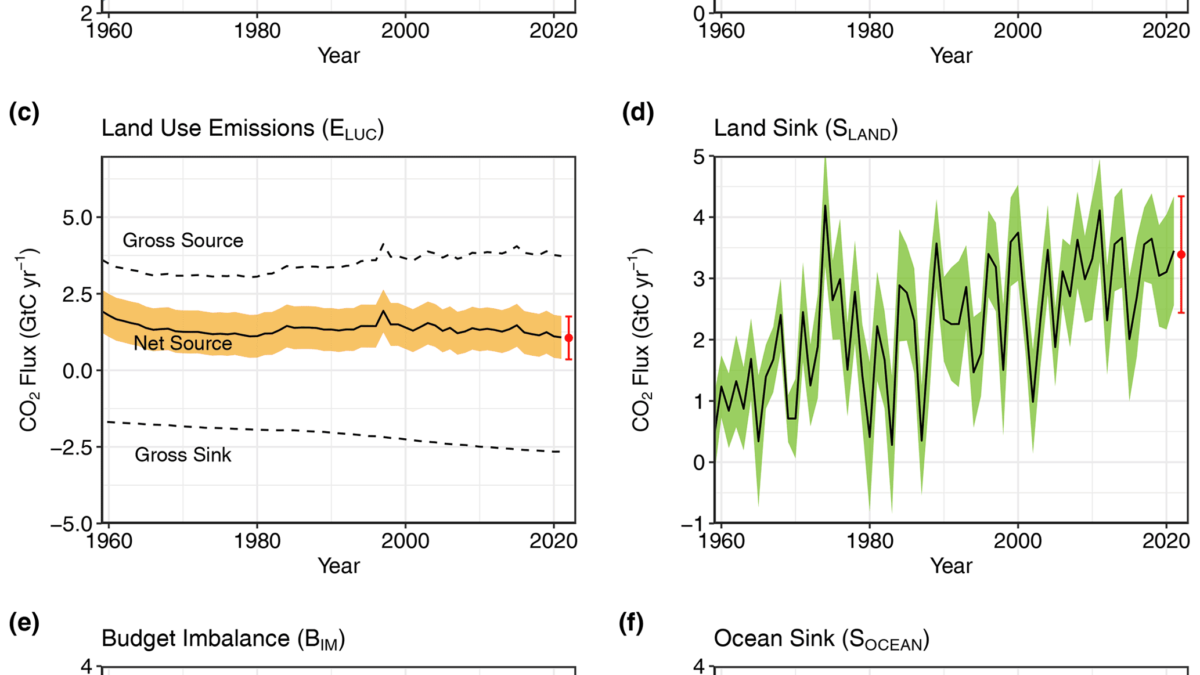Shell plant reported millions of “phantom” carbon credits – “Selling emissions credits for reductions that never happened literally makes climate change worse”

By Kenza Bryan and Clara Murray
4 May 2024
LONDON (Financial Times) – A Shell-operated plant reported millions of carbon credits tied to CO₂ removal that never took place but were used by Canada’s largest oil sands companies, raising new doubts about a technology seen as crucial to mitigating greenhouse gas emissions.
As part of a subsidy scheme to boost the industry, the Alberta provincial government allowed Shell to register tradable carbon credits equivalent to twice the volume of emissions avoided by its Quest carbon capture facility between 2015 and 2021, the province’s registry shows. The subsidy was reduced and then ended in 2022.
As a result of the scheme, the Shell plant was able to register 5.7mn credits that had no equivalent CO₂ reductions. Some of the credits from the scheme were sold to top energy companies. Credits are typically equivalent to one tonne of CO₂.
Shell said carbon capture played “an important role in helping to decarbonise industry and sectors where emissions cannot be avoided” and that realising its potential “requires creating market incentives now”.
It said that the additional credits it earned from the project were only used to meet its own environmental obligations in Alberta and were not sold on by Shell itself.

The Quest plant is operated by Shell Canada and owned by Canadian Natural Resources, Chevron and Shell Canada, and is part of the Scotford processing and refining complex.
Some of the largest companies to have bought or received credits were Chevron, Canadian Natural Resources, ConocoPhillips, Imperial Oil and Suncor Energy.
Keith Stewart, a senior energy strategist with Greenpeace Canada, criticised these “phantom credits”.
“Selling emissions credits for reductions that never happened … literally makes climate change worse.”
Alberta’s environment ministry said the crediting support scheme had not resulted in “additional emissions” by industrial polluters.
Chevron, Canadian Natural Resources, ConocoPhillips, Imperial Oil and Suncor Energy declined to comment. [more]


